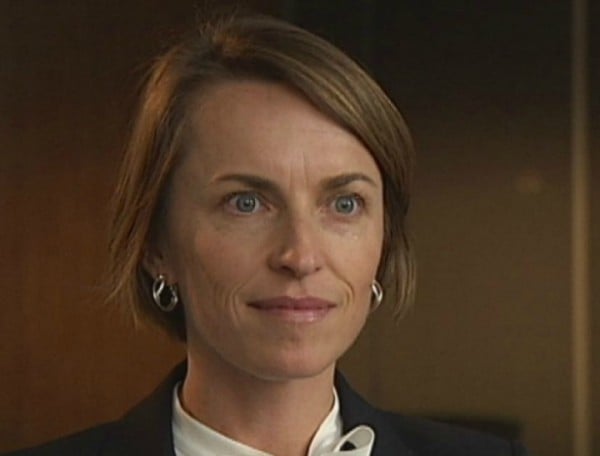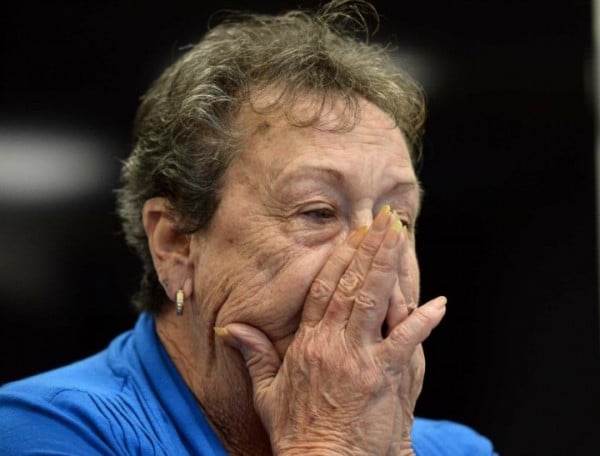
By Tracy Bowden.
The High Court in Canberra has begun hearing a case pitting 69-year-old Brisbane grandmother Yvonne D’Arcy against a US biotech company over who owns human genes.
Ms D’Arcy is making her first visit to Canberra for the hearing and she is nervous.
“Seven judges in the High Court in Canberra, I am very apprehensive that they are not going to go our way, but I have to be positive, I must be,” she told the ABC’s 7.30 program.
Lawyer Rebecca Gilsenan, who is representing Ms D’Arcy, said: “People are shocked to learn that their unique genetic code, the moment it is outside of their body and in the test tube, is not owned by them anymore – it’s owned by a corporation.”
At the centre of the legal battle is the BRCA1 gene mutation, which hit the headlines when actress Angelina Jolie opted to have a preventive double mastectomy.


